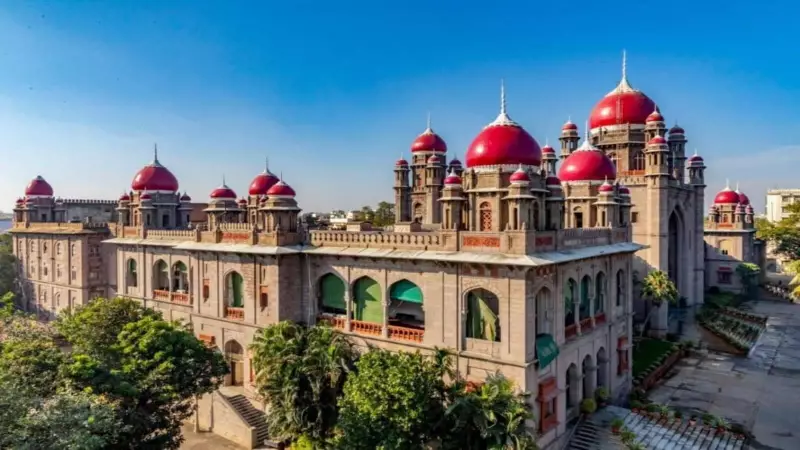
In a significant legal development, the Telangana High Court has declined to grant an urgent hearing for a petition challenging the controversial police encounter that resulted in the deaths of three individuals in Nizamabad district.
The plea, which sought immediate judicial scrutiny of the incident, was presented before a vacation bench of the High Court. The court, however, ruled that the matter did not qualify as an urgent case requiring immediate attention during the vacation period.
Background of the Nizamabad Encounter
The incident in question occurred when Telangana police personnel engaged with three suspects allegedly involved in a murder case. According to police reports, the encounter took place after the accused attempted to attack police officers while being taken to recover weapons related to their case.
All three individuals—identified as Shaik Babu, Amjed, and Sameer—were declared dead at the scene. The police maintained that the encounter was genuine and occurred in self-defense when the accused tried to snatch weapons from the accompanying officers.
Legal Challenge and Court's Stance
The petition filed in the High Court raised serious questions about the authenticity of the police version and demanded a thorough judicial investigation into the circumstances surrounding the deaths.
Key arguments presented in the petition included:
- Allegations of possible staged encounter
- Demand for independent investigation
- Questions about procedural lapses in police operation
- Concerns about human rights violations
Despite these serious allegations, the vacation bench determined that the case could await the regular court schedule rather than requiring immediate judicial intervention.
Broader Implications
This decision comes amid ongoing debates about police encounters in India and the judicial oversight of such incidents. Legal experts suggest that while the court's refusal for urgent hearing doesn't prejudge the merits of the case, it does indicate that the matter will follow standard judicial procedures.
Human rights organizations and civil society groups have been closely monitoring this case, viewing it as a test for police accountability and judicial responsiveness in encounter cases.
The petitioners are expected to pursue the matter when the court resumes regular functioning, ensuring that the legal battle over this encounter is far from over.





